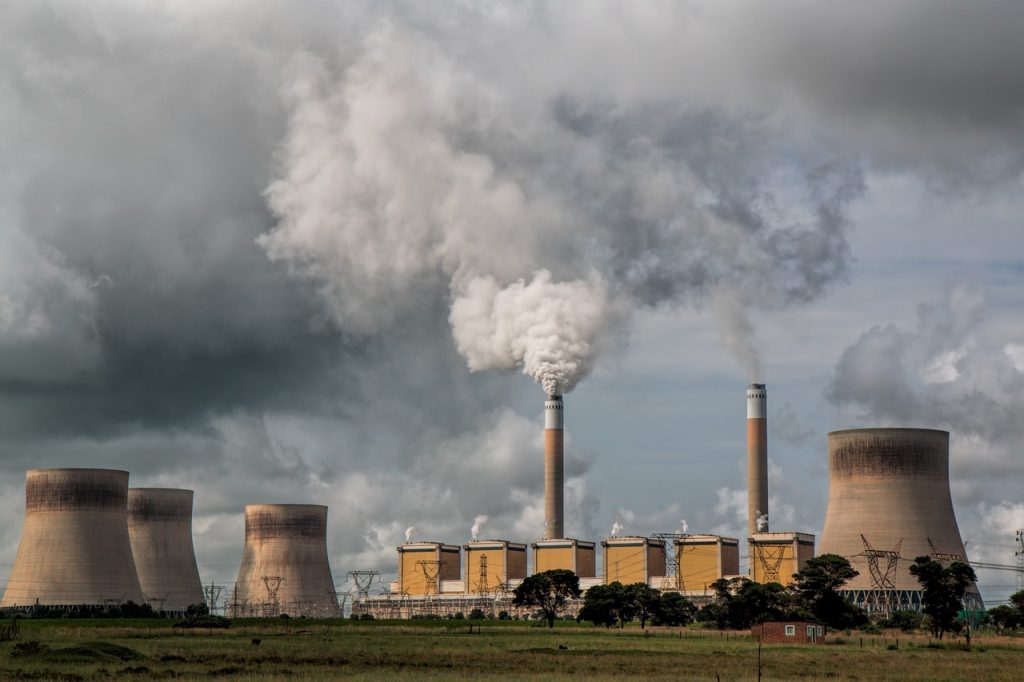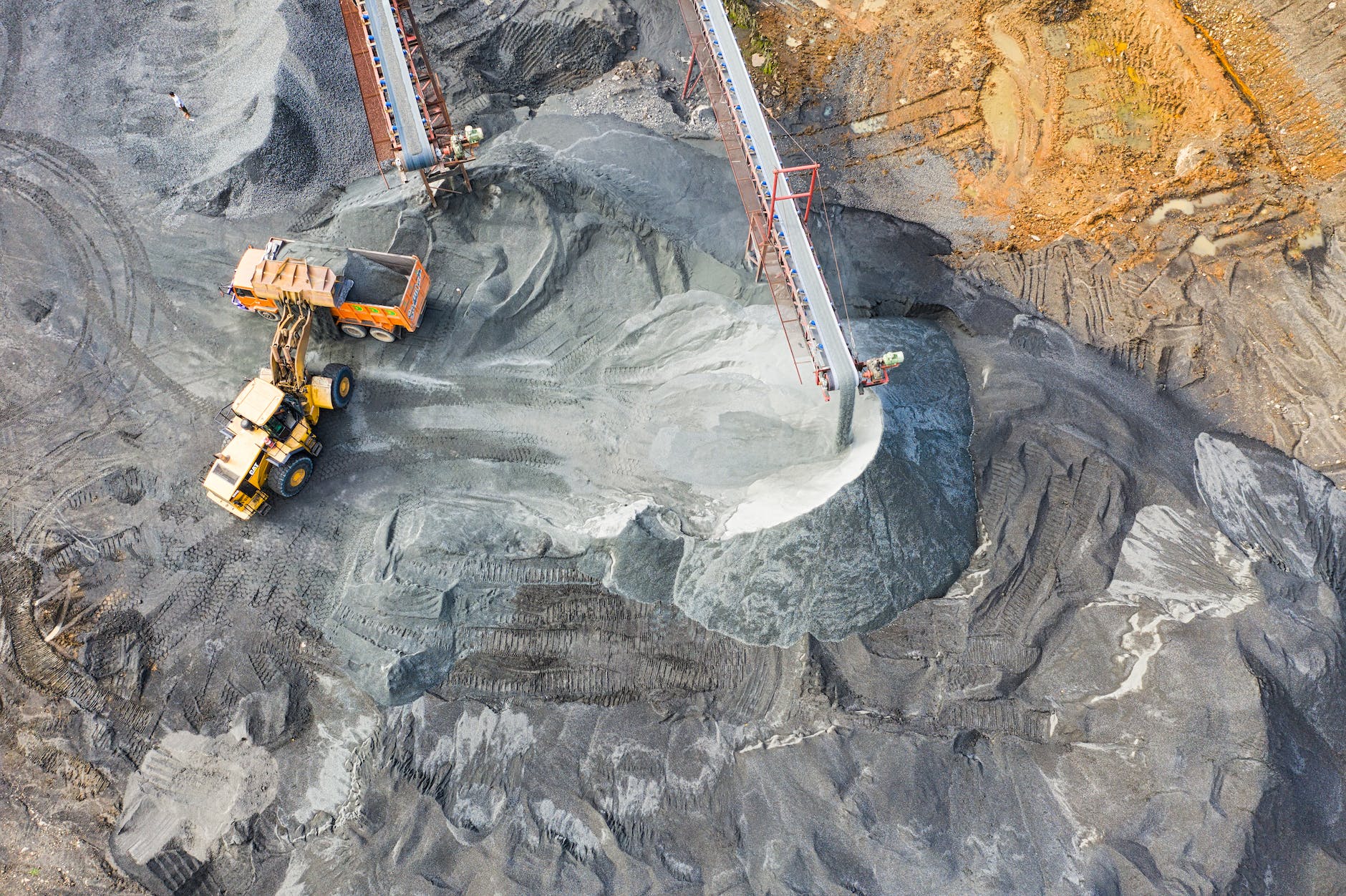Coal mining is a dangerous and destructive industry that not only harms the environment but also the health and well-being of local communities. Despite the increasing availability of cleaner and more sustainable energy sources, coal mining continues to expand, causing irreparable damage to the planet and its inhabitants. In this article, we will explore the reasons why coal mining should be stopped and the steps that can be taken to achieve this goal.
Table of Contents
ToggleThe Negative Impact of Coal Mining
Coal mining is a highly polluting and destructive industry that has a significant impact on the environment. The process of extracting coal from the earth involves removing large amounts of rock and soil, which can lead to deforestation, habitat destruction, and soil erosion. Additionally, the burning of coal releases harmful pollutants into the air, including carbon dioxide, sulfur dioxide, and nitrogen oxides. These pollutants contribute to climate change, air pollution, and acid rain, which can have severe health and environmental consequences.
Furthermore, coal mining is also dangerous for the health and well-being of local communities. The mining process can release toxic chemicals and heavy metals into the air and water, which can lead to respiratory problems, cancer, and other serious health issues. Many mining communities also suffer from high rates of poverty, unemployment, and social dislocation, as the mining companies often displace local residents and fail to provide adequate compensation or support.

The Alternative Energy Sources
Fortunately, there are many alternative energy sources that can replace coal, including solar, wind, and hydroelectric power. These renewable energy sources are not only cleaner and more sustainable, but they can also provide significant economic benefits. Solar and wind power, for example, can be generated locally, which reduces the need for long-distance transmission and distribution. Furthermore, many renewable energy technologies, such as solar panels and wind turbines, can be manufactured and installed by small businesses and local communities, which can create jobs and boost economic development.
Moreover, the cost of renewable energy technologies has dropped dramatically in recent years, making them increasingly competitive with traditional fossil fuels. According to the International Energy Agency, the levelized cost of electricity from solar and wind power is now on par with or lower than the cost of electricity from new coal and natural gas plants in many parts of the world. As a result, many countries are transitioning away from coal and investing in renewable energy, which can help achieve the goal of stopping coal mining and its expansions.
The Steps to Stop Coal Mines and Their Expansions
To achieve the goal of stopping coal mining and its expansions, several steps can be taken. Firstly, governments can introduce policies and regulations that support the development and deployment of renewable energy sources. This can include financial incentives, such as tax credits and grants, as well as regulations that promote the use of renewable energy in electricity generation and other industries.
Secondly, investment in research and development of renewable energy technologies should be increased to improve efficiency and reduce the cost of renewable energy sources. This will make them more competitive with fossil fuels, thus increasing their adoption and decreasing the need for coal mining.
Finally, the public can also play an important role in stopping coal mining and its expansions by supporting renewable energy and opposing coal mining projects in their local communities. This can include joining local campaigns and groups that advocate for renewable energy, signing petitions, and voting for political candidates who support renewable energy policies.
Why Renewable Energy is the Solution
Renewable energy sources, such as solar, wind, and hydropower, are clean and sustainable alternatives to coal. They do not produce harmful emissions or pollutants, and they have the potential to power entire communities and even countries. Additionally, renewable energy sources are increasingly cost-competitive with fossil fuels and are becoming more efficient and cost-effective with each passing year.
Governments and Public Support
Governments can play an important role in the transition away from coal and towards renewable energy. They can introduce policies and regulations that support the development and deployment of renewable energy sources, such as tax incentives and subsidies. They can also invest in research and development of renewable energy technologies to improve efficiency and reduce costs.
The public can also play an important role in the transition to renewable energy. They can support renewable energy projects and oppose coal mining projects in their local communities. Public support is crucial in convincing governments to take action on transitioning away from coal and towards renewable energy.
Conclusion
Transitioning away from coal and towards renewable energy is not only necessary for the health of the planet, but also for the well-being of local communities and future generations. The negative impacts of coal mining on the environment and public health are well-documented and can no longer be ignored. It is time for us to take action and stop coal mines and their expansions. This requires active engagement from governments, research and development, and public support. By working together, we can create a cleaner, sustainable future for all.








1 thought on “Coal mine expansions need to be halted now!”
Pingback: Sustainable Energy: A Comprehensive Overview